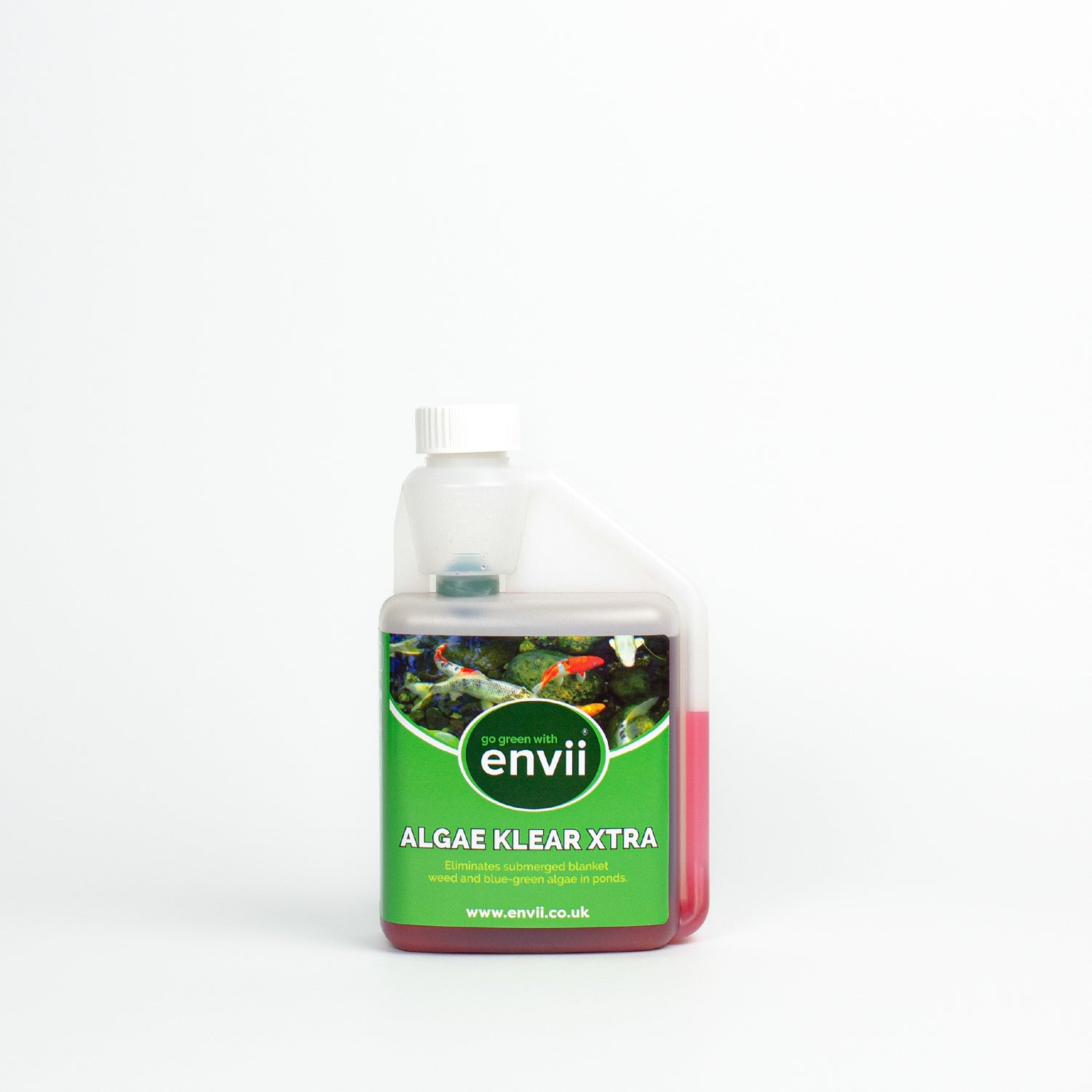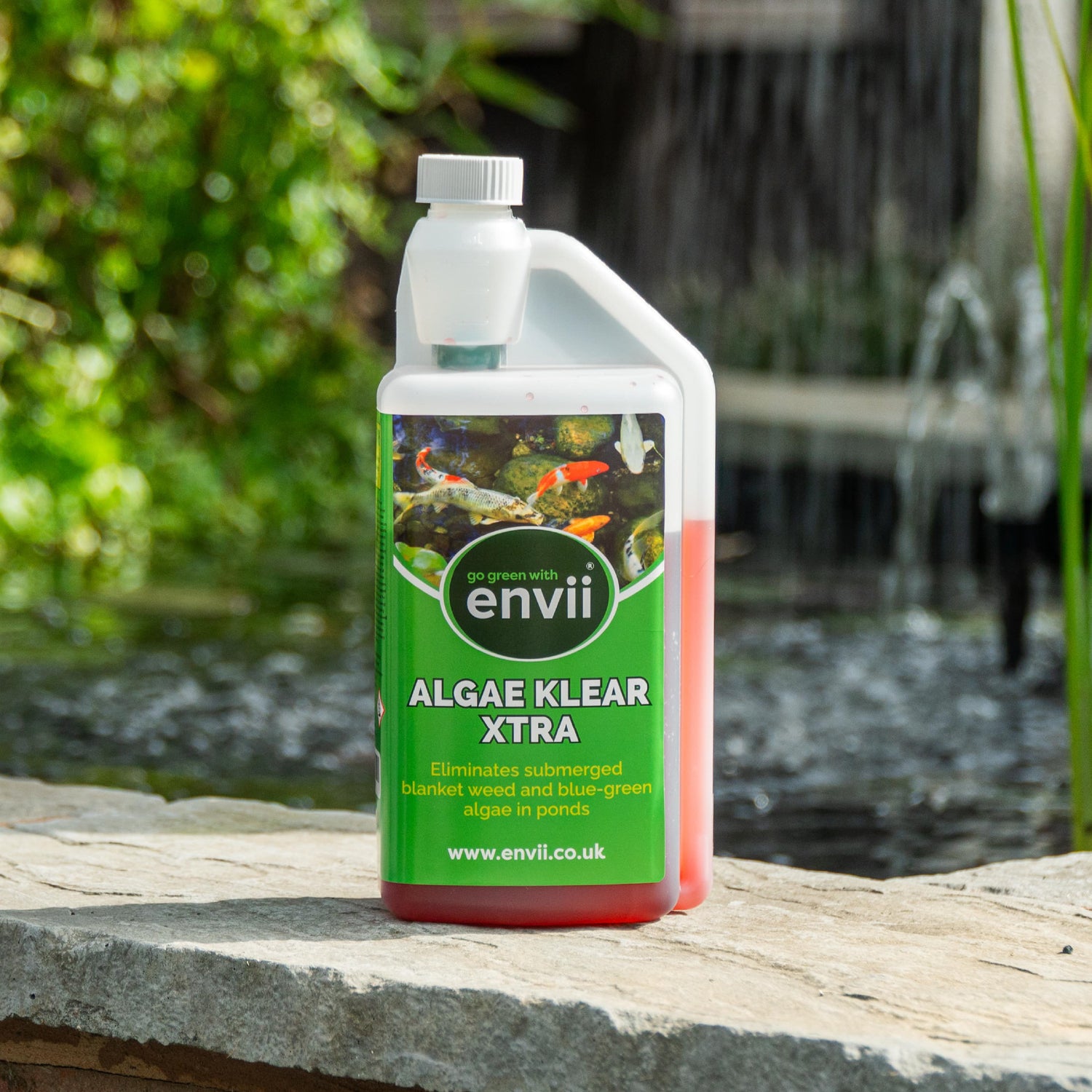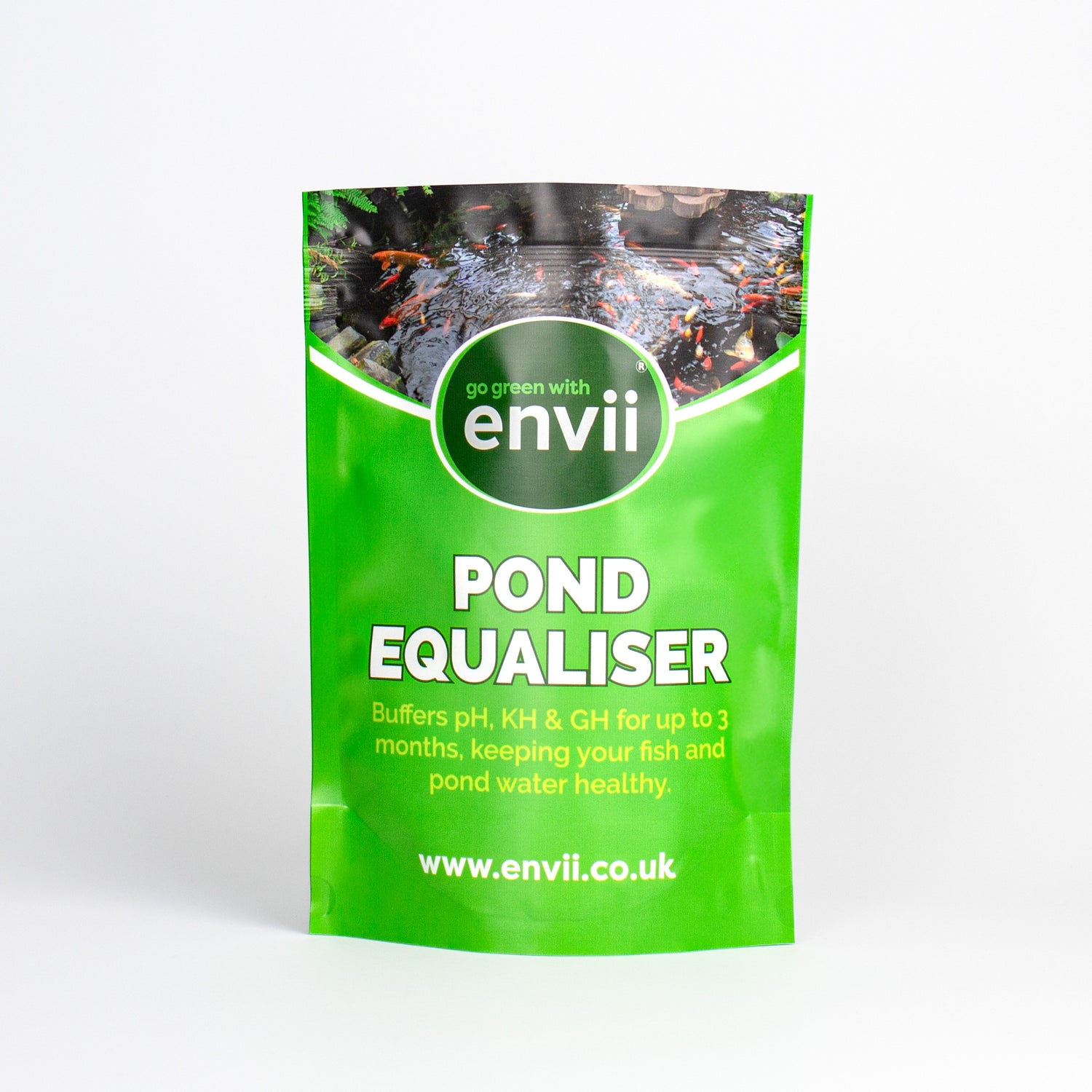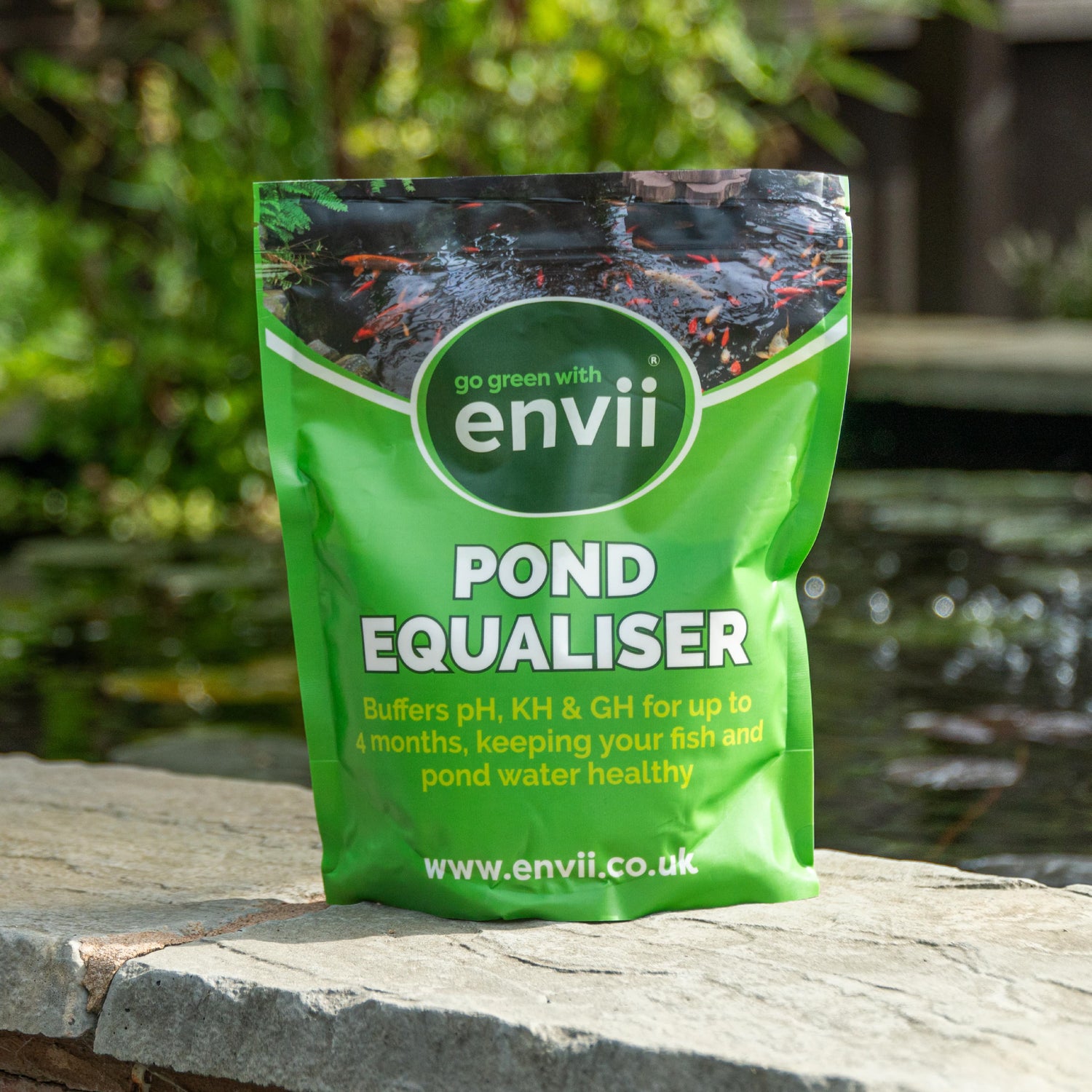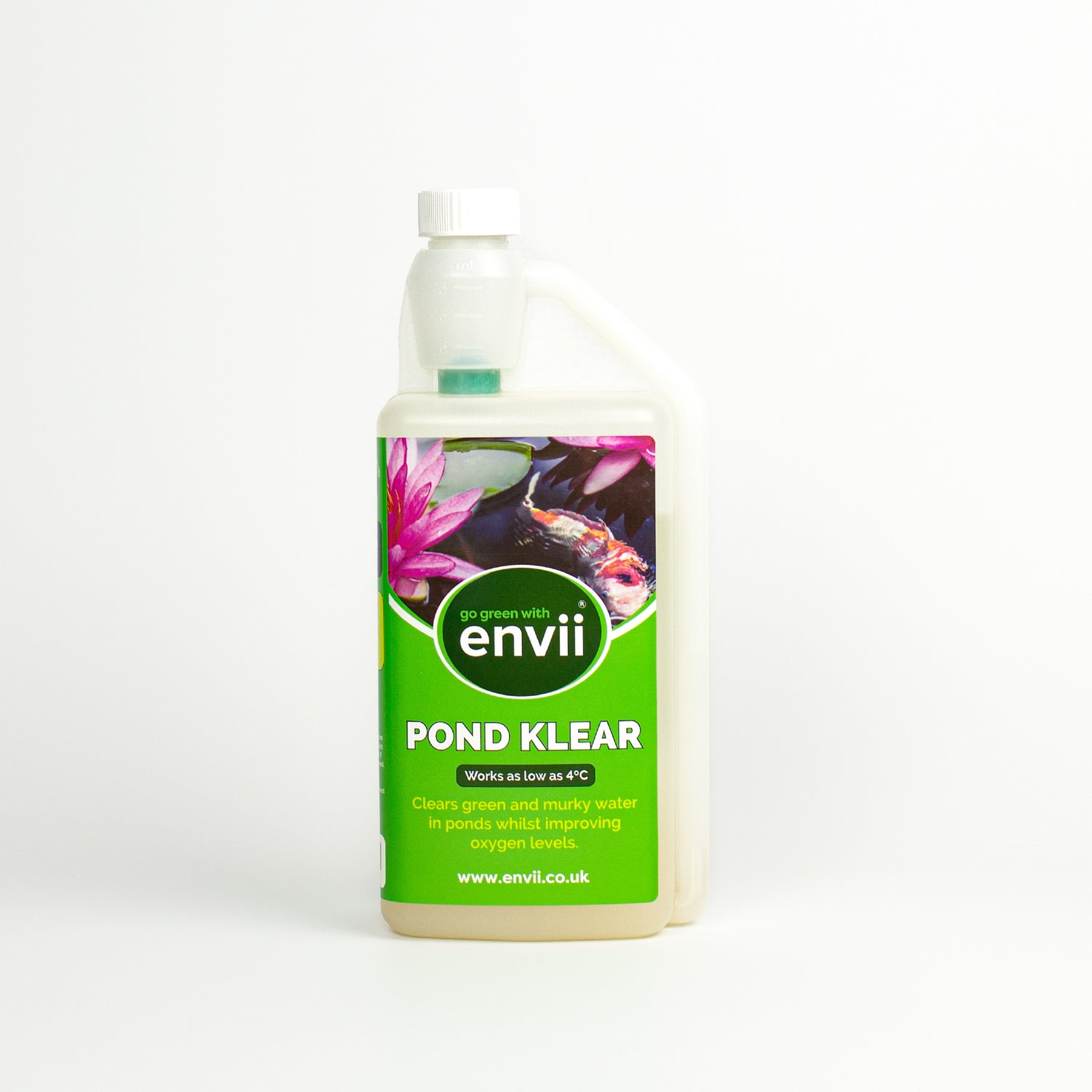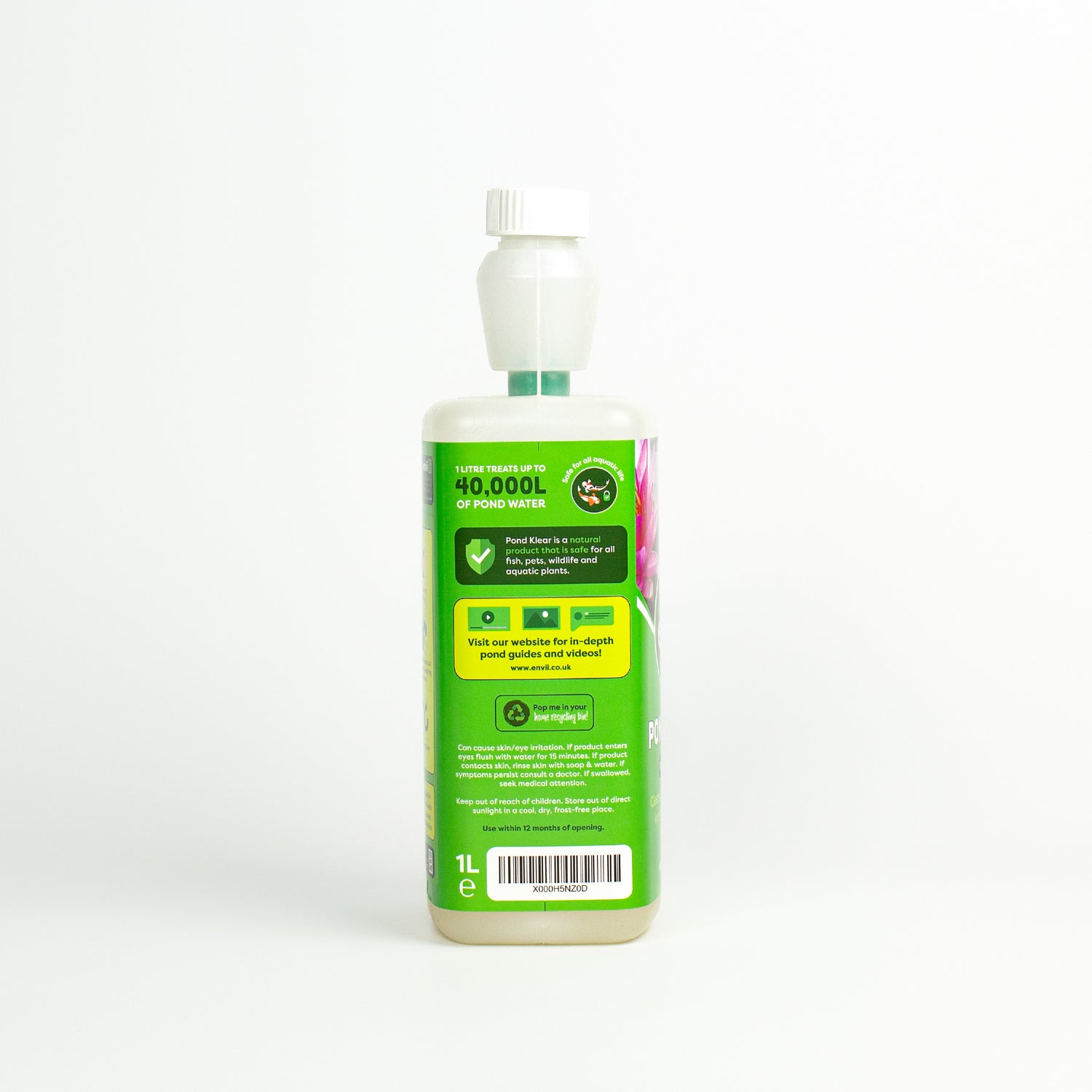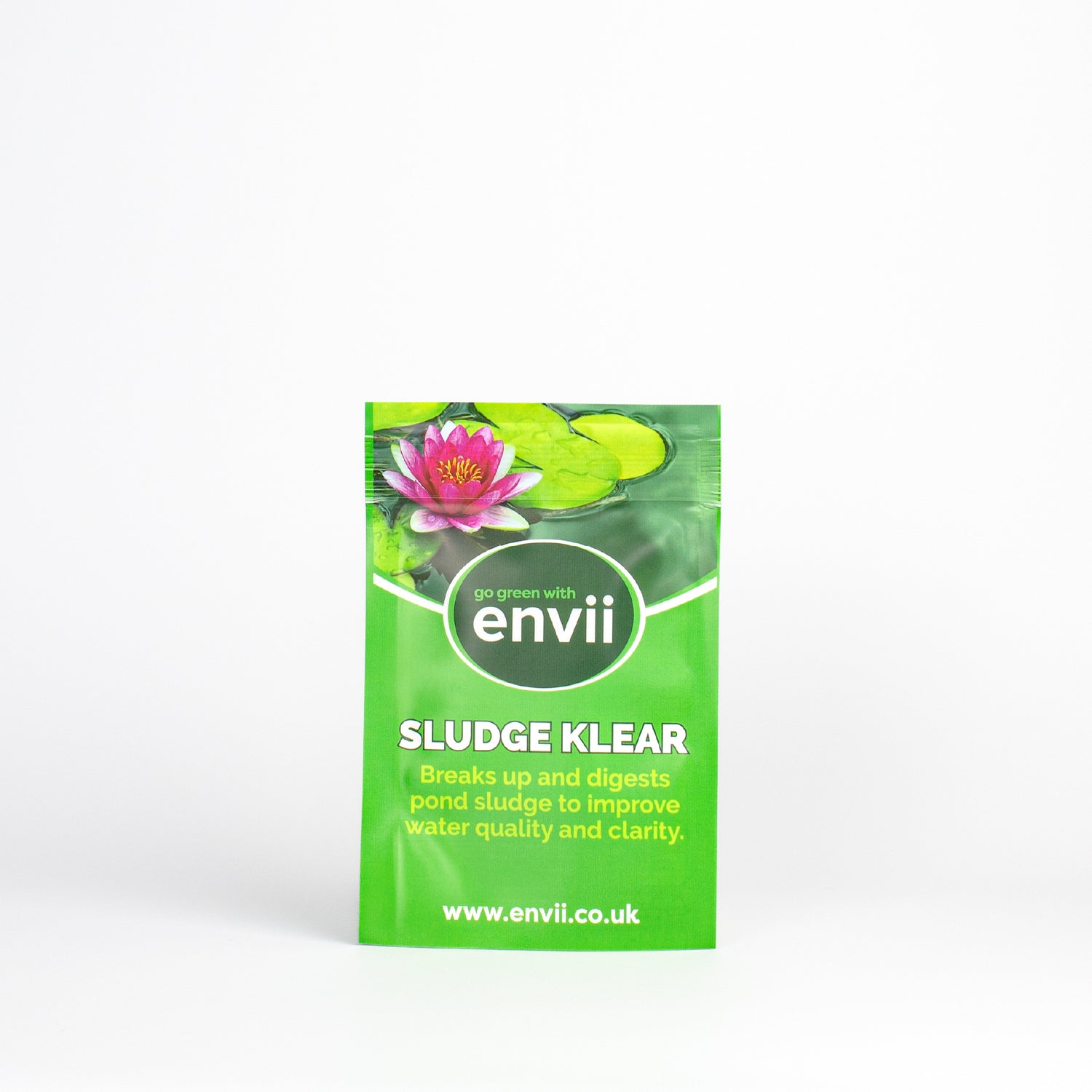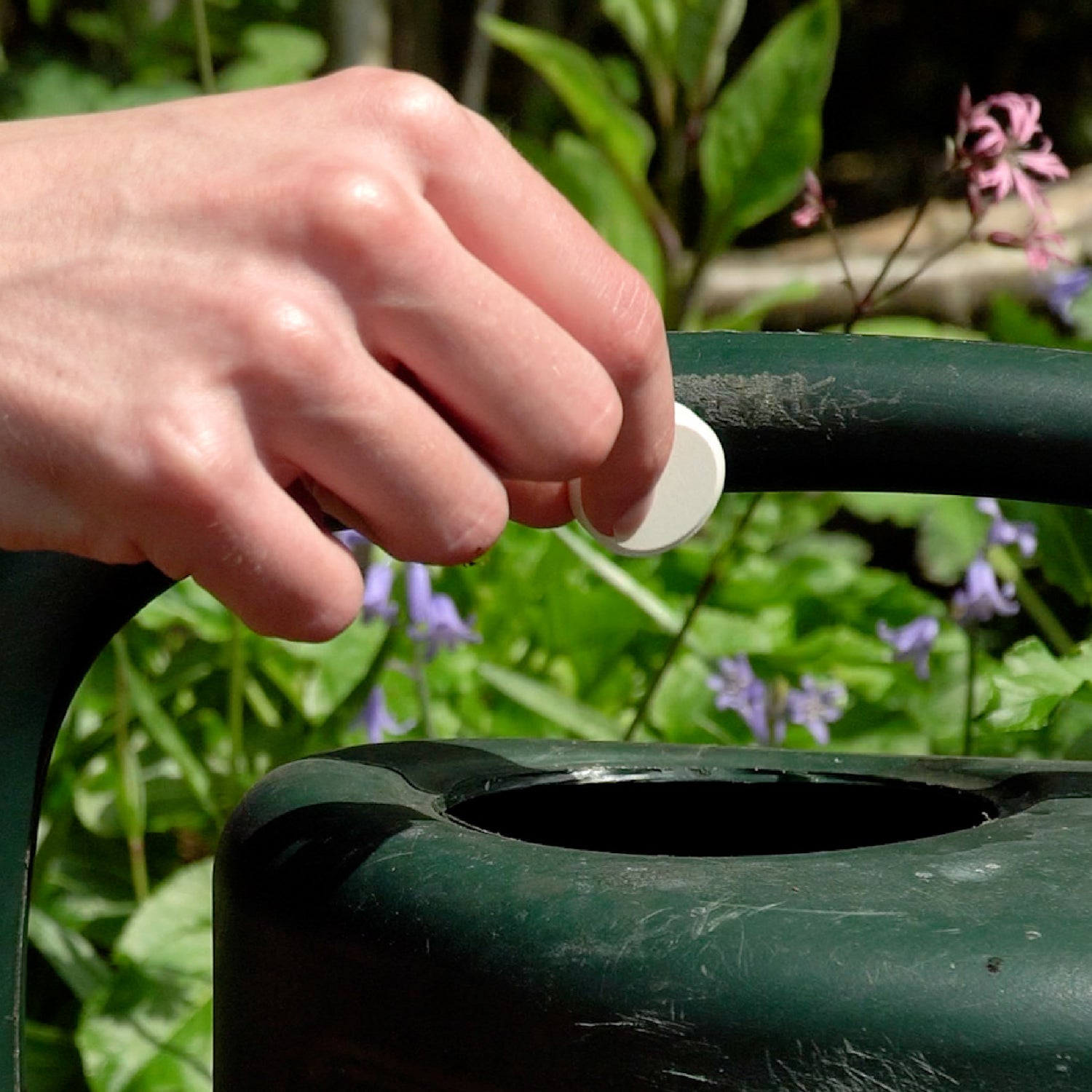In this video, Ash visits a local allotment pond struggling with duckweed and shares a complete guide to understanding, removing, and preventing this fast-spreading aquatic plant.
What is Duckweed?
Duckweed is a tiny, free-floating aquatic plant found in natural ponds, lakes, and some garden ponds—especially those without filtration. It’s made up of several species in the UK, the most common being common duckweed and fat duckweed.
While duckweed can offer some shelter for wildlife and act as a food source for ducks and certain fish, it tends to take over quickly, forming a dense green carpet on the pond’s surface.
Is Duckweed a Problem?
Ash explains that duckweed isn’t harmful in small amounts, but once it spreads, it becomes a major issue:
-
It blocks sunlight from reaching aquatic plants.
-
It competes for nutrients, reducing the growth of submerged plants.
-
It prevents pond visibility, making it difficult to see fish or wildlife.
Duckweed can double in size every couple of days, so it needs to be managed early before it overwhelms the pond.
How to Prevent and Manage Duckweed
Here are the main strategies Ash recommends:
1. Improve Pond Aeration
Duckweed thrives in still, stagnant water. Improve circulation by:
-
Adding airstones or fountains
-
Increasing oxygen levels helps discourage duckweed growth
2. Manually Remove Duckweed
Use a pond net or even a garden rake to skim off duckweed regularly.
Important: Do not place removed duckweed near the pond—wind can easily blow it back in. Instead, compost it or place it in your garden waste bin.
3. Limit Waterfowl Access
Ducks and geese contribute to duckweed spread by:
-
Carrying it from pond to pond
-
Dropping more into your water than they eat
If possible, discourage waterfowl by reducing floating vegetation, using visual deterrents, or noise-based devices (effective on larger ponds).
4. Introduce Duckweed-Eating Fish
Some fish naturally feed on duckweed, including:
-
Goldfish
-
Koi
-
Grass carp
These won’t eliminate the problem but can help reduce its spread.
5. Use Natural Bacteria Treatments
Duckweed feeds on nutrients from pond sludge. Ash uses Sludge Klear, a natural bacterial tablet that:
-
Targets and breaks down sludge
-
Limits nutrients that feed duckweed, blanketweed, and algae
-
Should be used weekly for best results
For treatment, dissolve the appropriate number of tablets (based on pond size) in pond water using a watering can, allow a few hours for activation, and pour evenly around the pond.
Final Thoughts
There’s no chemical treatment for duckweed that’s safe for fish and wildlife. But by improving water movement, removing it regularly, limiting nutrient build-up, and encouraging natural predators, you can successfully control duckweed in your pond.
If you have further questions, Ash and the Envii support team are available by phone, email, or chat via the Envii website.



